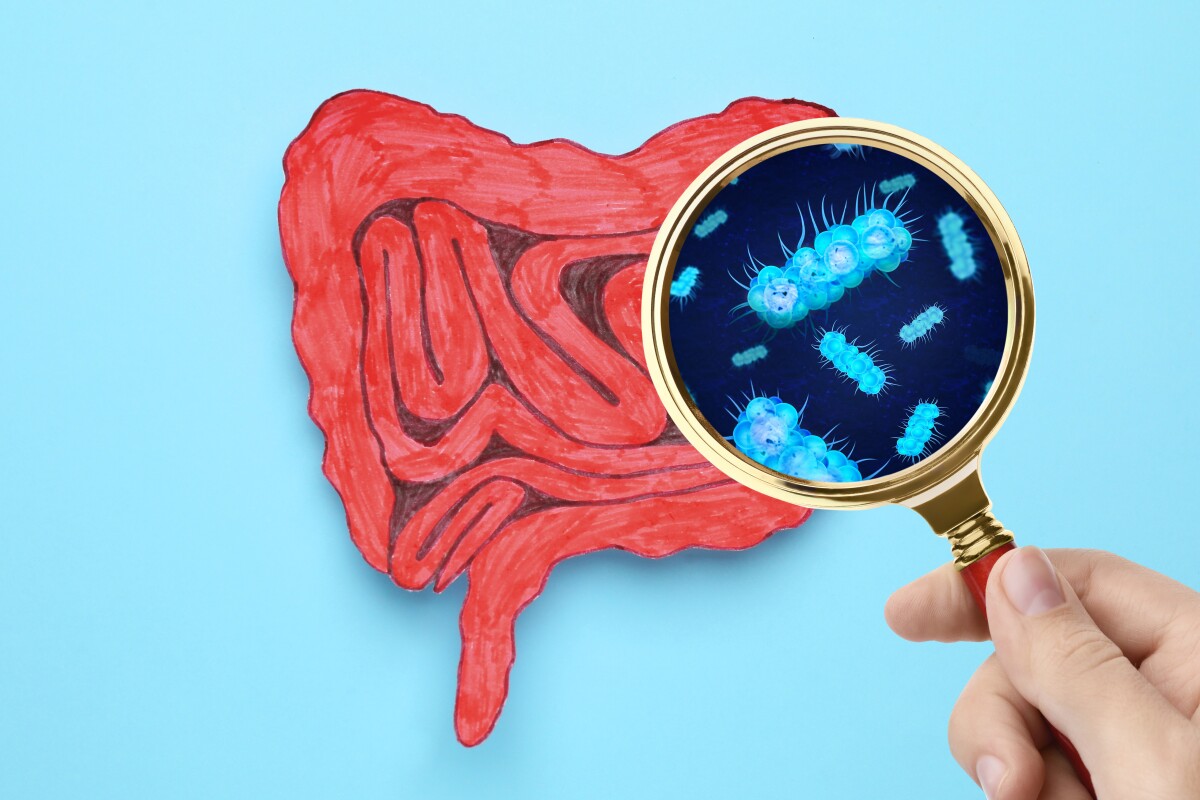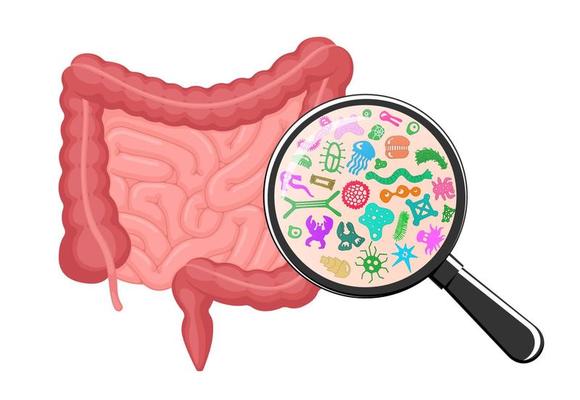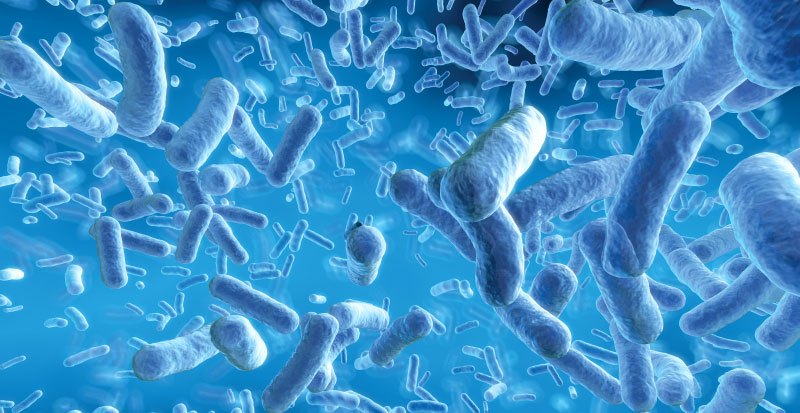Exploring the Microbiome: Gut Health and the Human Microbiota
In the intricate world of human health, a vibrant ecosystem plays a crucial role in our well-being, yet often remains unseen and underappreciated: the microbiome. Specifically, the gut microbiota, a bustling community of trillions of microorganisms residing in our digestive tract, holds profound implications for our health, influencing everything from digestion to immune function and mental well-being.
What is the Microbiome?
At its core, the microbiome refers to the collection of microorganisms—bacteria, fungi, viruses, and other microbes—that inhabit a particular environment, in this case, the human gut. This community of microbes is incredibly diverse, with hundreds of species coexisting in a complex, symbiotic relationship with the human body.
The Diversity Within
Imagine your gut as a bustling cityscape, where each microbial species represents a unique resident contributing to the community's dynamics. Some microbes are beneficial, aiding in digestion and nutrient absorption, while others are neutral or potentially harmful in large quantities. The balance of these populations is crucial to maintaining gut health and overall well-being.
Research has shown that a healthy gut microbiota is characterized by diversity—a wide variety of microbial species working together harmoniously. This diversity is linked to better digestion, improved immune function, and even a reduced risk of certain diseases. On the other hand, disruptions to this balance, known as dysbiosis, can lead to digestive disorders, inflammation, and susceptibility to infections.
The Gut-Brain Connection
One of the most fascinating aspects of the microbiome is its bidirectional communication with the brain, often referred to as the gut-brain axis. This connection allows the gut microbiota to influence mood, cognition, and behaviour, giving rise to the emerging field of psychobiotics—probiotics that may have a positive impact on mental health.
Studies have shown that changes in the gut microbiota composition can affect neurotransmitter levels and stress responses, suggesting a potential link between gut health and conditions like anxiety, depression, and even neurodegenerative diseases. This revelation underscores the importance of nurturing a healthy gut microbiome not only for physical health but also for mental and emotional well-being.
The Role of Diet and Lifestyle
One of the most significant factors influencing the composition of the gut microbiota is diet. The foods we consume provide nutrients that can either promote the growth of beneficial microbes or feed harmful ones. A diet rich in fibre, fruits, vegetables, and fermented foods supports a diverse and healthy microbiome, while a diet high in processed foods, sugars, and fats can lead to microbial imbalance and inflammation.
Lifestyle factors such as exercise, stress levels, sleep patterns, and even exposure to environmental toxins also play a role in shaping the gut microbiota. Regular physical activity, adequate sleep, stress management techniques like meditation, and minimizing exposure to pollutants can all contribute to a healthier microbial community.
Relevance to Health and Disease
The implications of microbiome research extend far beyond digestive health. Scientists are increasingly uncovering links between gut microbiota and a wide range of conditions, including obesity, diabetes, autoimmune disorders, allergies, and even cancer. Understanding these connections opens up new possibilities for targeted therapies that aim to manipulate the microbiome to prevent or treat disease.
Conclusion
In conclusion, delving into the world of the microbiome reveals a complex and fascinating ecosystem that profoundly influences human health and disease. From its diverse community of microbes to its intricate connections with the brain and beyond, the gut microbiota exemplifies the interconnectedness of our biological systems. As research continues to unravel the mysteries of the microbiome, one thing is clear: nurturing a healthy gut microbiota through diet, lifestyle choices, and potentially targeted interventions could have far-reaching benefits for both physical and mental well-being. By embracing this holistic approach to health, we not only support our own microbial residents but also pave the way for a deeper understanding of human biology and new frontiers in medicine.
So, next time you sit down to a meal, consider not just your own nutritional needs but also those of the trillions of microbes that call your gut home. Their well-being may hold the key to yours.






Comments
Post a Comment